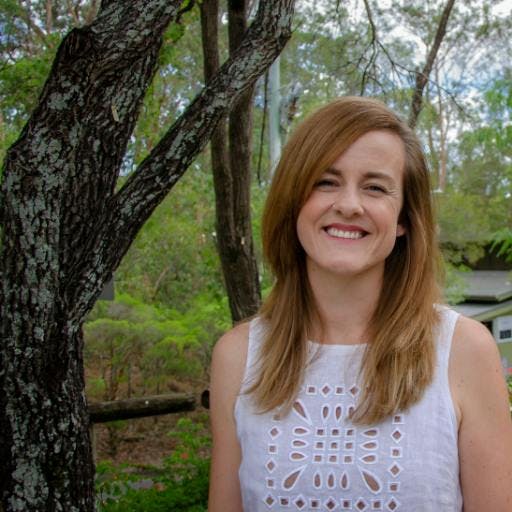How Behavioral Science Informs Policymaking
Foreword
At TDL, our role is to translate science. This article is part of a series on cutting edge research that has the potential to create positive social impact. While the research is inherently specific, we believe that the insights gleaned from each piece in this series are relevant to behavioral science practitioners in many different fields. As a socially conscious applied research firm, we are always looking for ways to translate science into impact. If you would like to chat with us about a potential collaboration, feel free to contact us.
Introduction
Nudge units are lauded around the world for their insight into human behavior. They are also considered pioneers of a rugged, empirical mindset that analyses policymaking through a critical lens. However, it is essential that we continue to monitor the supposed “efficiency” of these interventions against concrete goals. It is easy to apply randomly controlled trials without fully considering the outcomes that one seeks.
Dr. Sarah Ball is a former policymaker who has transitioned to academia to pursue a deep understanding of these problems. We invited her to join us at The Decision Lab to understand exactly how scientific investigation makes its way into the policies that have sway over all of our lives.
She recently completed her PhD at the University of Queensland, within the Institute of Social Science Research. Her doctoral research included an ethnographic study on a central behavioral insights team with the aim of better understanding barriers and facilitators to the use of behavioral insights in Australia. She now works as a research assistant at the University of Queensland on multiple projects which are exploring how knowledge and evidence influence and shape the actions of public servants – both at the front line and in the halls of government.
A full version of the study discussed below is available here: https://www.ingentaconnect.com/content/tpp/pap/pre-prints/content-policypold1900116
About the Authors
Sarah Ball
Dr. Ball recently completed her Ph.D. at the University of Queensland, within the Institute of Social Science Research. Her doctoral research included an ethnographic study on a central behavioral insights team with the aim of better understanding barriers and facilitators to the use of behavioral insights in Australia. She now works as a research assistant at the University of Queensland on multiple projects which are exploring how knowledge and evidence influence and shape the actions of public servants – both at the front line and in the halls of government.
Nathan Collett
Nathan Collett studies decision-making and philosophy at McGill University. Experiences that inform his interdisciplinary mindset include a fellowship in the Research Group on Constitutional Studies, research at the Montreal Neurological Institute, a Harvard University architecture program, a fascination with modern physics, and several years as a technical director, program coordinator, and counselor at a youth-run summer camp on Gabriola Island. An upcoming academic project will focus on the political and philosophical consequences of emerging findings in behavioral science. He grew up in British Columbia, spending roughly equal time reading and exploring the outdoors, which ensured a lasting appreciation for nature. He prioritizes creativity, inclusion, sustainability, and integrity in all of his work.
About us
We are the leading applied research & innovation consultancy
Our insights are leveraged by the most ambitious organizations
“
I was blown away with their application and translation of behavioral science into practice. They took a very complex ecosystem and created a series of interventions using an innovative mix of the latest research and creative client co-creation. I was so impressed at the final product they created, which was hugely comprehensive despite the large scope of the client being of the world's most far-reaching and best known consumer brands. I'm excited to see what we can create together in the future.
Heather McKee
BEHAVIORAL SCIENTIST
GLOBAL COFFEEHOUSE CHAIN PROJECT
OUR CLIENT SUCCESS
$0M
Annual Revenue Increase
By launching a behavioral science practice at the core of the organization, we helped one of the largest insurers in North America realize $30M increase in annual revenue.
0%
Increase in Monthly Users
By redesigning North America's first national digital platform for mental health, we achieved a 52% lift in monthly users and an 83% improvement on clinical assessment.
0%
Reduction In Design Time
By designing a new process and getting buy-in from the C-Suite team, we helped one of the largest smartphone manufacturers in the world reduce software design time by 75%.
0%
Reduction in Client Drop-Off
By implementing targeted nudges based on proactive interventions, we reduced drop-off rates for 450,000 clients belonging to USA's oldest debt consolidation organizations by 46%





















